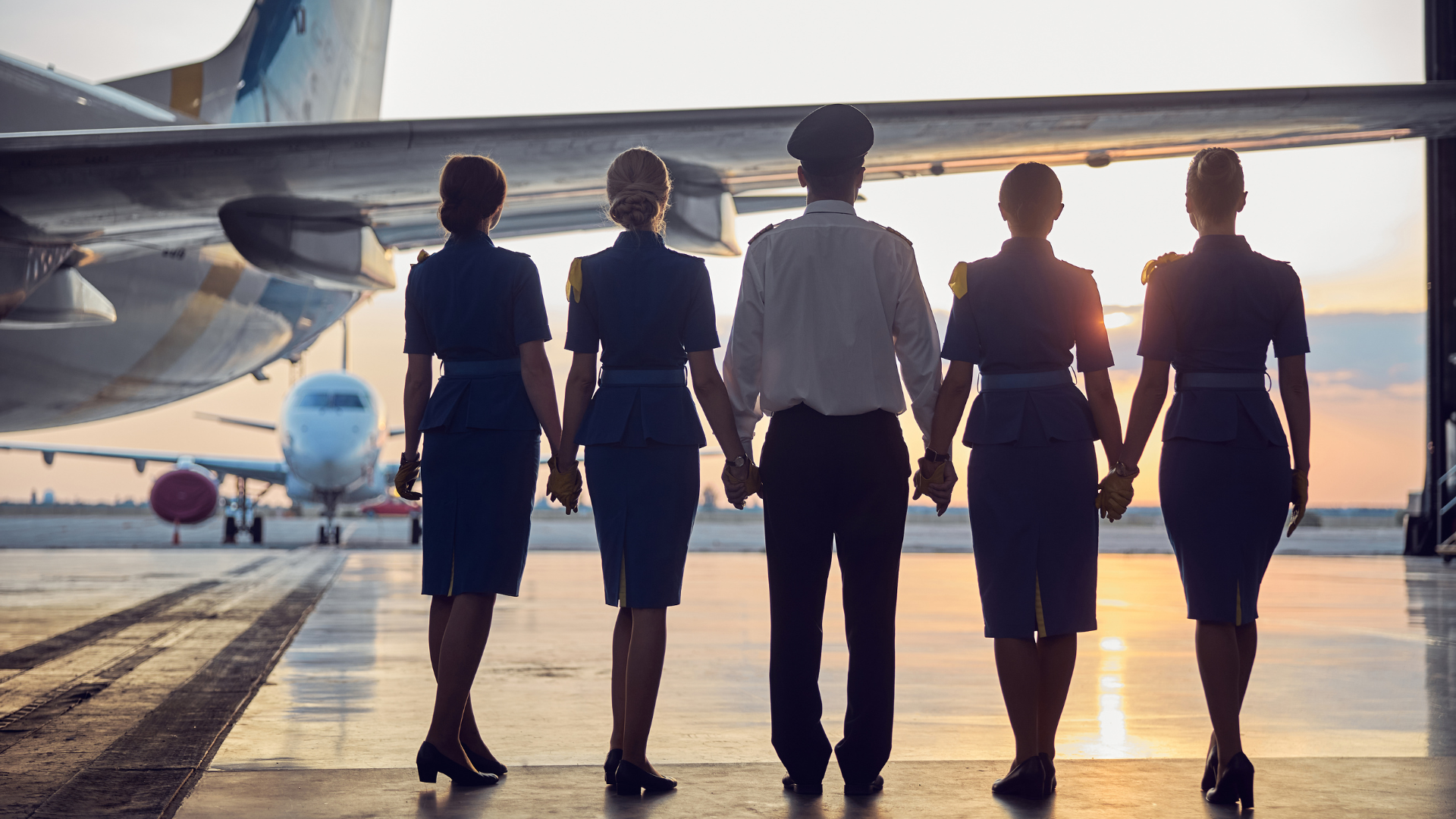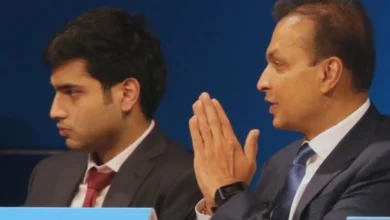IndiGo Is Set To Make History With The Largest Aircraft Order Ever In 2023!
IndiGo's foreign passenger market share in Indian airlines climbed to 37% in April 2023, up from 31% in April 2022.

InterGlobe Aviation, the parent firm of India’s largest airline IndiGo, recently received approval from the board to purchase 500 Airbus A320 Neo family aircraft, a transaction valued at $50 billion at the most current Airbus list pricing. IndiGo’s new purchase comes when it is on the way to receiving around 500 jets from its earlier order of 830 Airbus A320-family planes, cementing its hold t be one of the acclaimed European group’s powerful customers.
IndiGo, the nation’s largest airline by market share, has made a definite order for 500 A320 Family aircraft, the most important single purchase agreement in commercial aviation history. According to an official statement, the recent purchase garners IndiGo’s total number of Airbus aircraft on order to 1,330, placing the company to be the world’s largest A320 Family client. The actual cost of the order is accepted to be quite lower because massive discounts are often provided for such large purchases.

This order will outnumber Air India’s earlier record-breaking purchase of 470 aircraft in March, making it the biggest in aviation history. The agreement could help IndiGo ensure a running supply of new aircraft for the next decade, bolstering its fleet growth ambitions. With a 56% share of the domestic Indian market, IndiGo has leveraged the vast fleet to establish new routes, capturing a disproportionate market share while competitors struggled. The A320 Neo series includes the A320Neo, A321Neo, and A321 XLR aircraft, all known for their innovative features and efficiency.
Following the Covid crisis, airlines have placed new aircraft orders, leading to swelling order books for Airbus and Boeing. However, a global disruption in the supply chain has initiated fresh aircraft manufacturing delays, causing carriers to delay deliveries of A320Neo aircraft by the end of the decade. This type, identified to be the most desired single-aisle aeroplane, has seen high demand. IndiGo now serves 75 international city pairs from 26 global locations. According to IndiGo CEO Pieter Elbers, the airline plans to increase its foreign seat share from 23% in FY 23 to 30% over the following two years.
Furthermore, the Indian airline is actively working on a separate acquisition of widebody aircraft, with Airbus and Boeing bidding for a prospective transaction comprising roughly 25 aircraft. While talks are still ongoing, Boeing may have an advantage in fetching the deal with its highly praised 787 Dreamliner. Airbus and Boeing have gathered billions of dollars in new contracts beyond 2030 as airlines ensure a future supply in the face of impending shortages. While competing with a resurrected Air India under the Tata group, IndiGo is confident its better cost-efficiency strategy will keep it ahead of rivals as the Indian aviation market consolidates.

Making plans for the future.
According to a source, IndiGo aims to keep its fleet size stable since it plans to retire roughly 100 aircraft by 2030 and, as a result, requires new jets to maintain the goal fleet size of over 700. As per Gaurav Negi, Chief Financial Officer, the airline plans to recruit 5,000 people and add up to 50 aircraft by FY24.
Efforts to fill voids in their homeland.
According to aviation regulator DGCA data, IndiGo’s domestic market share climbed from 54.9 per cent in December to 61.4 per cent in May, while GoFirst’s share decreased from 7.5% to 0.4%. GoFirst’s decline in market share can be ascribed to the company’s recent bankruptcy in an industry where long-term survival is usually challenging. The list of failed Indian airlines is non-terminating, sprinting from EastWest and Damania in the 1990s through MDLR, Paramount, Kingfisher, Air Costa, and Jet in the past decade.
GoFirst has blamed its financial issues on faults with Pratt & Whitney engines, which it claims caused the grounding of over half of its Airbus A320neo fleet. IndiGo has problems with P&W engines also. However, its CEO stated that multiple mitigating steps had been implemented. IndiGo has maintained its supremacy in Indian skies by picking up the slack left by GoFirst.
Some hints of International goals.
IndiGo will add more widebody planes to its fleet, displaying its global ambitions. The airline is apparently negotiating a separate acquisition of widebody aircraft, with Airbus and Boeing Co. contending for a contract involving about 25 aircraft. IndiGo connects to 33 European places through the codeshare agreement with Turkish Airlines, including Bulgaria, Spain, the Netherlands, Greece, Belgium, Hungary, Denmark, the Republic of Ireland, the United Kingdom, Malta, France, the Czech Republic, Austria, Israel, Switzerland, Italy, Portugal, and Edinburgh.

In May, Civil Aviation Minister Jyotiraditya Scindia asked local airlines to go further and introduce wide-body planes to meet global demand. The civil aviation ministry is already collaborating with Delhi Airport, IndiGo, and Air India to establish the airport to be an international civil aviation hub. Because there aren’t enough wide-body planes with Indian carriers to run direct services on long-distance routes, most passengers from India go to take connecting flights to a myriad of global places.
IndiGo’s foreign passenger market share in Indian airlines climbed to 37% in April 2023, up from 31% in April 2022. Between June 2023 and September 2023, IndiGo expects to add 174 more weekly international flights, including fresh locations, routes, and frequencies.
Celebrating the growth of India, it is one of the world’s fastest-growing civil aviation markets, which is on track to have 220 airports by 2024-25.




